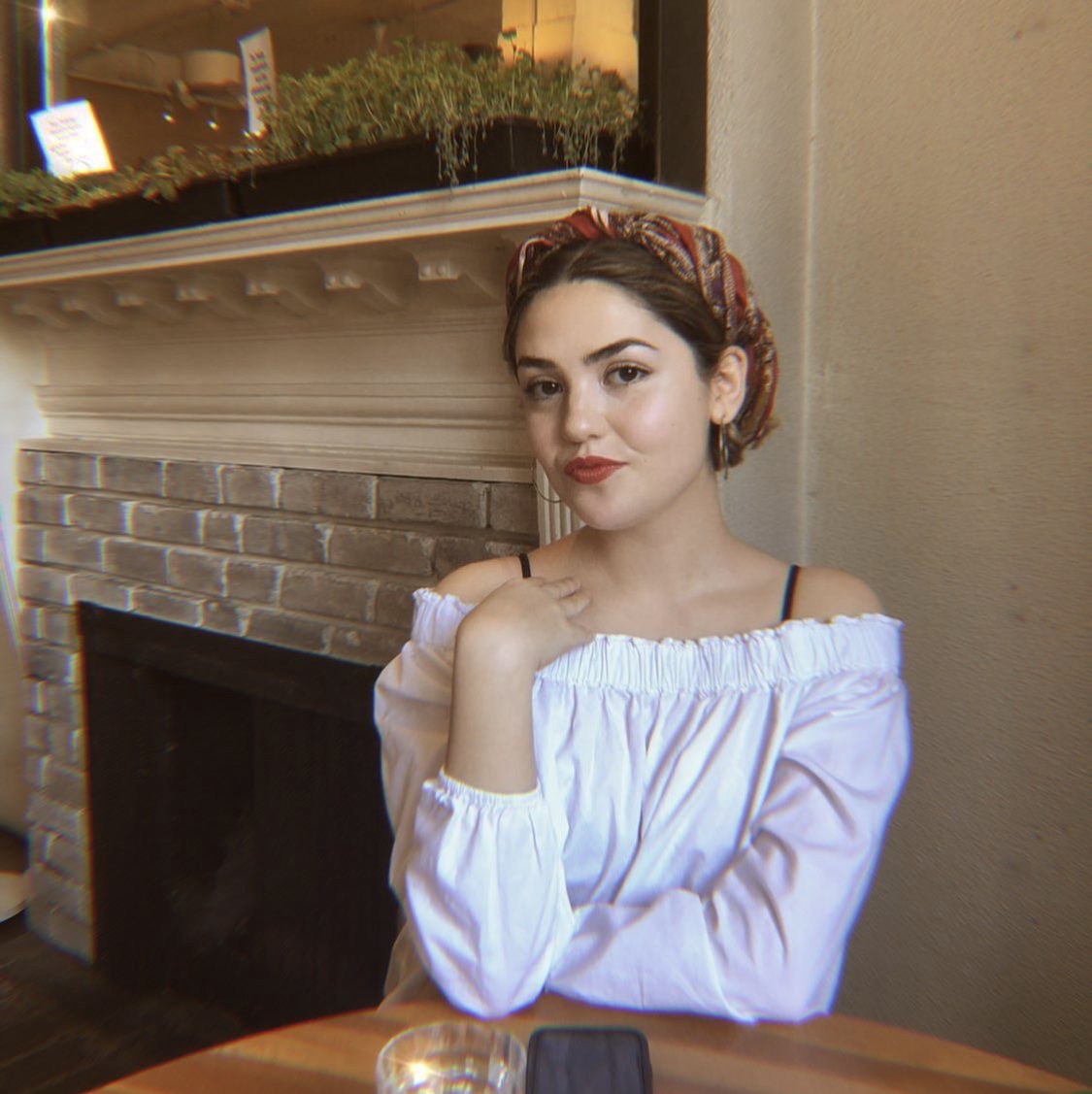Rosario Castellano’s literary piece Cooking Lesson felt familiar and yet so foreign. It reminded me of the pain and invisibility the women in my family have endured, and the praise that follows for taking it in silence.
The narrative follows a housewife candidly thinking to herself about the traditional expectations of women while trying to grill broiled beef. Moreover, the cooking of the beef is the metaphor that runs parallel to her discontent with her husband, married and family life. For a piece that was written in 1961, I was surprised by the explicit descriptions of her sexual relationship with her husband but maybe that was the point. To use that stark contrast of the modesty assumed of a woman (and heavily catholic and conservative Mexico) and the reality that consists of doubt, improvisation, and discomfort at times.
For a more political theme, the theme of ownership between a man and a woman is one that I remember discussing in a history of Mexico class a year ago. The particular passage about the protagonist’s maiden name and new surname not being her own is something that resonated with me because it represents the transfer of custody from one man to another. Although this theme has been discussed repeatedly, this dynamic is still prevalent because 1961 is only a generation away from me, and lived through by generations who are still alive today. It is difficult to believe that we have fully healed from what has been ingrained and taught since time and Immemorial. We can talk about it, but it will never fully go away. At least in our lifetime.
In that sense, Castellano’s dialogue with herself as the protagonist is an echo of what can be considered a cultural memory. The lived and shared experiences of women across Mexico, as well as borders and time, are what make this literary work empowering. In addition, there is comfort in the uncomfortable. Being openly vulnerable about the intimacies and insecurities that come with any relationship is an invitation for any reader to see themselves and emphasize. Thus, the cooking lesson for me, metaphysically, is that you are in control of your own narrative, as Castellano is.
Overall, I really enjoyed this piece and was torn between writing about the Cooking Lesson and the article about the Zapatista corn article. My question to the class – how did you interpret the beef metaphor?

“the cooking lesson for me, metaphysically, is that you are in control of your own narrative, as Castellanos is.”
I like this–and much else of what you say in this post–though I’m not quite sure I can completely share your optimism. The narrator (we can’t assume this is Castellanos) is definitely shown coming up with her own narrative, elaborating as you say something of a gendered cultural memory, but how much is she in control of it? After all, this is a monologue and soliloquy… she articulates her thoughts and her anguish, but only to herself. This is a mute protest, except of course in so far as it is published under Castellanos’s name. But we can imagine many, many women who may think the same way (like the narrator’s grandmothers), but do not have the same opportunity to speak, and if they were to speak would not expect to be heard.